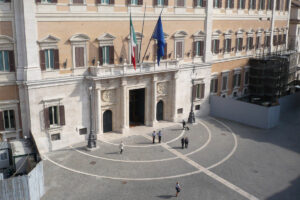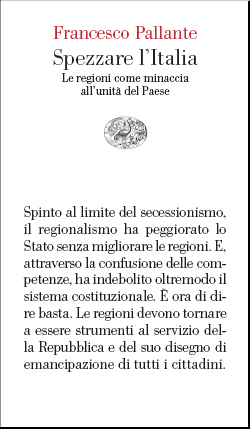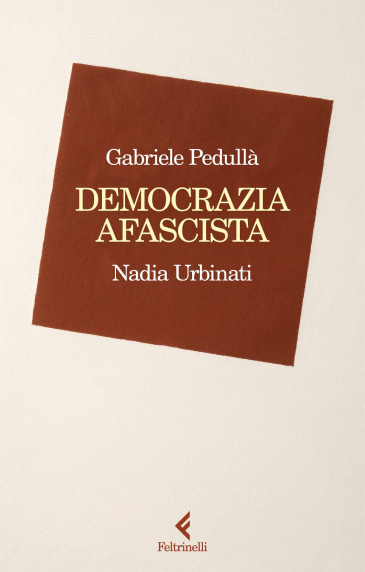ROME — Prime Minister Silvio Berlusconi suffered a stinging political defeat on Monday when voters overturned laws passed by his government that would have restarted Italy’s nuclear energy program, privatized the water supply and granted him immunity from prosecution.
Analysts said the government was not likely to fall immediately over the results, which came from a popular referendum — the first since 1995 to draw the quorum of 50 percent plus one vote required to overturn the laws.
But just weeks after Mr. Berlusconi’s candidates lost mayoral races in Milan and Naples in elections he had billed as a referendum on his own popularity, Monday’s results pointed to a new reality: the man who once had his finger on Italy’s pulse appeared to be losing touch.
The referendum was “more a question of policies than politics, but there is a political impact, because it means Berlusconi has lost his magic,” said Roberto d’Alimonte, a political science professor at LUISS Guido Carli University in Rome.
Investors are expected to lose millions on the reversal of the nuclear initiative, which sought to restart a nuclear program that Italians had voted to stop in 1987.
Without the immunity provision, Mr. Berlusconi himself is now expected to be forced to participate in several pending trials, including one in which he is accused of paying for sex with an under-age woman, nicknamed Ruby Heart-stealer, and then abusing his office to help release her after she was arrested on a theft charge.
Before the referendum, Mr. Berlusconi had said he was not going to vote, a statement widely interpreted as discouraging turnout, and several government ministers said they would also abstain. One notable exception was the interior minister, Roberto Maroni, from the Northern League, who said his party opposed privatizing the water supply.
In a statement after the vote was counted, Mr. Berlusconi’s office said the high turnout “demonstrates the will of citizens to participate in decisions about the future of our country that cannot be ignored.” It added that, “the government and Parliament now have the duty to fully accept” the response.
For the first time in recent years, online campaigns and social networks helped bring voters — especially young Italians — to the polls.
“I followed the run-up and the projections on Twitter, and it was fascinating to see how that changed my perspective,” said Costanza Maddama, 26, an interpreter from Rome who said she had voted to overturn the laws. “Politics in Italy is no longer just on TV, and this might not be good for Berlusconi.”
In recent weeks, the mood in Italy has shifted away from eye-rolling about Mr. Berlusconi’s wild parties to anxiety about the country’s future — especially its economic health. In unusually frank parting remarks as governor of the Bank of Italy before taking over the European Central Bank, Mario Draghi said last month that the Italian economy was “stuck” and had not made significant gains in the past five years.
Italy’s ruling class was further jolted by a cover article in this week’s edition of The Economist, which featured a photo of Mr. Berlusconi and gave the country a dismal economic forecast.
Now, Mr. Berlusconi is engaged in a standoff with his finance minister, Giulio Tremonti, who is seen by the markets as a force helping to keep the economy stable but is often seen by Mr. Berlusconi as a would-be successor backed by the Northern League.
For now, the Northern League, known for its anti-immigrant stance, has been reluctant to pull out of the government. On Monday, the leader of the center-left opposition, Pierluigi Bersani, called for Mr. Berlusconi to step down. But he is unlikely to do so. The government’s mandate is up in 2013, and early elections are still possible.
Nor has the center-left mobilized around one strong candidate.
For now, the country is holding its breath. Mr. Berlusconi’s narrow majority in Parliament is expected to be tested in a confidence measure next week.
“It’s getting worse and worse, the government is weaker and weaker, Berlusconi is surviving, muddling through,” said Mr. d’Alimonte, the political scientist. “But there’s not yet the end in sight.”
Gaia Pianigiani contributed reporting.




